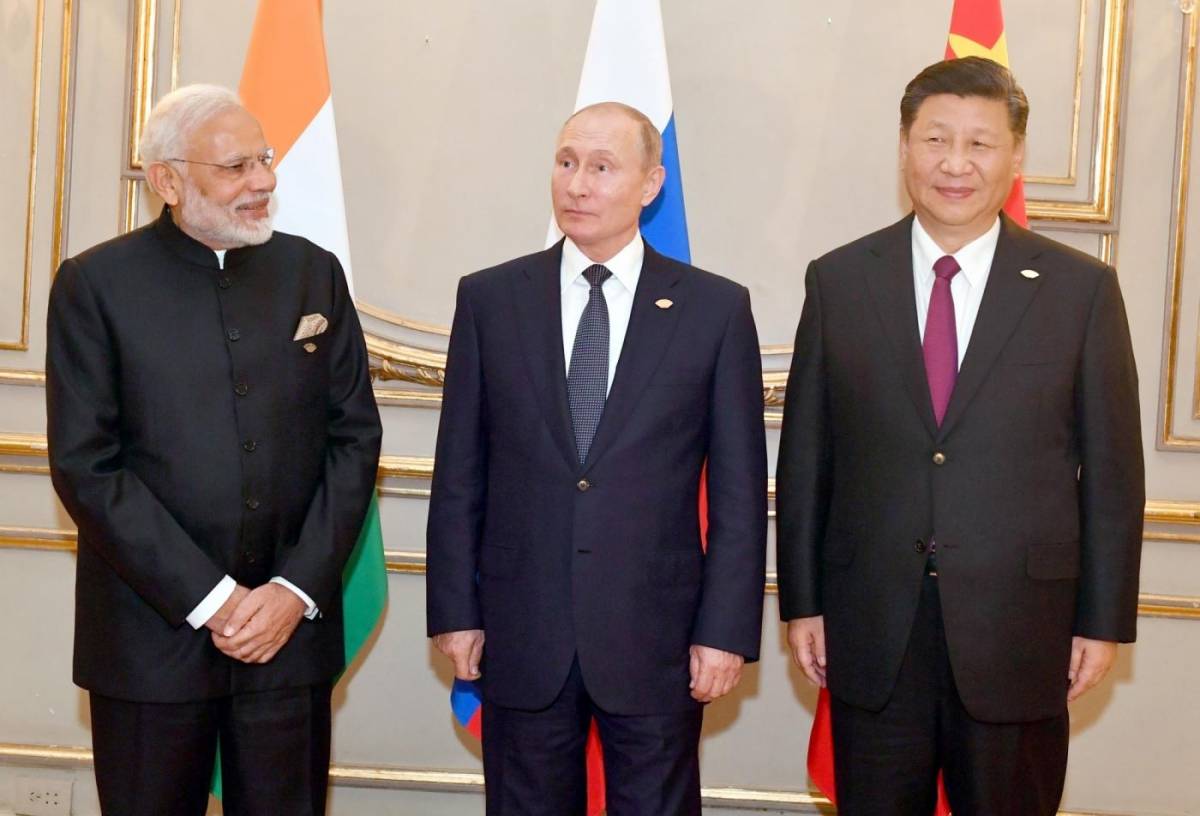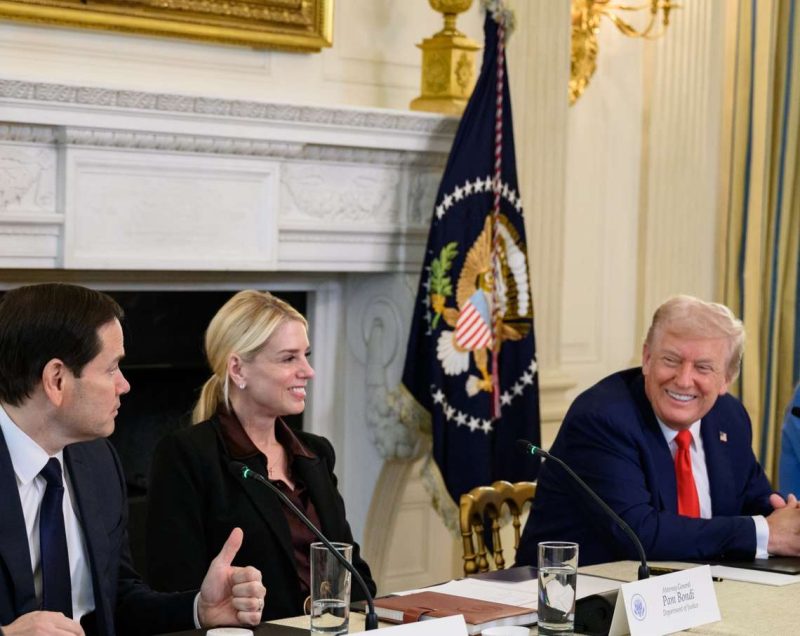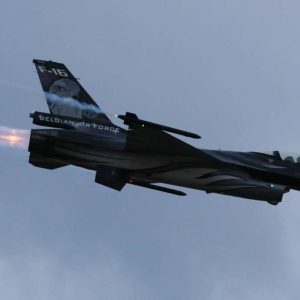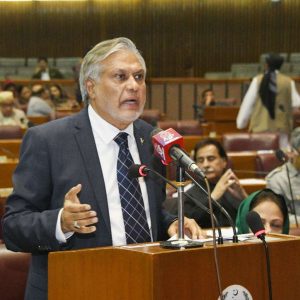Talk of non-alignment and independence is all very well, but no nation is an island. Both China’s Vietnam and India border wars were short because it new greater powers were watching. In 1979, Vietnam had the support of the Soviet Union. In 1962, India’s had the U.S … writes Humphrey Hawksley
The tale I am about to tell begins in Taiwan in 1958, moves to India in 1962, then to Vietnam in 1979. It provides lessons about long-ago conflicts that need fixing now and false historical mindsets, particularly in India, that need revising.
In the summer of 1958, Chinese artillery pounded the Taiwanese-controlled island of Kinmen only a few miles from the mainland. Almost ten years after Mao Tse-tung’s communist forces declared victory, the nationalist government still held Taiwan and its outlying islands.
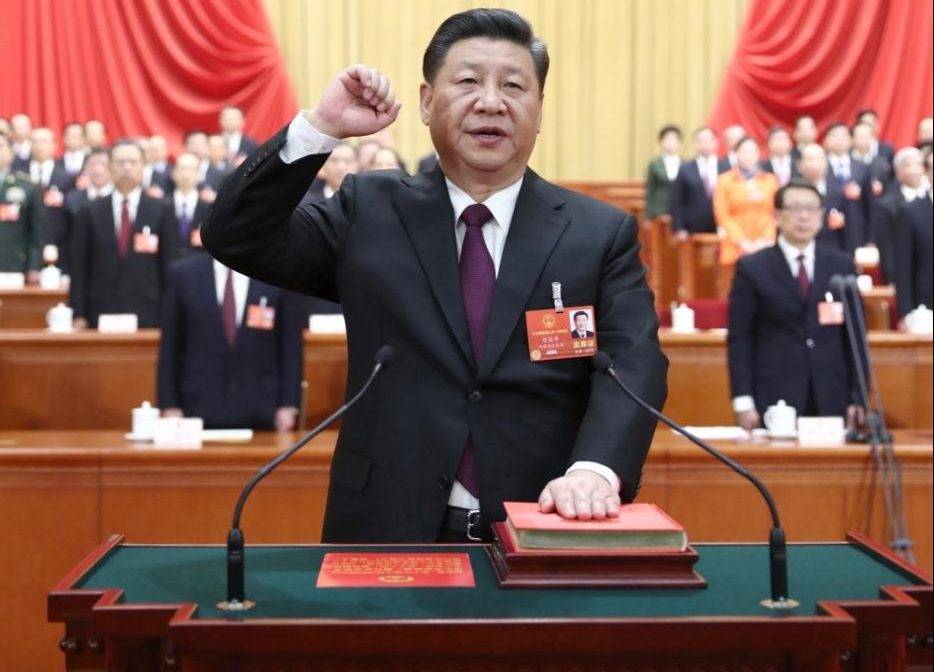
The U.S. viewed Taiwan, as it did Vietnam and the Korean Peninsula, as a red line in the expansion of global communism. Fearing a full-scale invasion, America drew up plans for a nuclear strike should China try to take even Kinmen island. Targets would be military bases around the eastern city of Xiamen using bombs with similar explosive force as those that struck Hiroshima. They would be delivered by B-47 bombers.
At the time, the Sino-Soviet pact was strong. Soviet president Nikita Khrushchev got wind of the plan and sent a message to U.S. President Dwight Eisenhower warning bluntly that an attack on China would be considered an attack on the Soviet Union. With Hiroshima and Nagasaki fresh in everyone’s minds, all sides backed down.
But four years later. having failed in Taiwan, Mao Tse-tung wanted to teach India a lesson for supporting the Dalai Lama over Tibet, and ordered an invasion across the Sino-Indian Himalayan border.
The Chinese military outclassed India and took the town of Tawang in Arunchal Pradesh. The prevailing view today is that India lost this war badly, and the concept of defeat has embedded itself into the national psyche. But missing from that much of the narrative is that China timed its incursion precisely to coincide with the much higher profile Cuban missile crisis. The operation began on October 20th 1962, the day President John Kennedy announced the blockade against Soviet ships heading for Cuba. China withdrew on November 21st the day after the Cuban blockade ended.
Although focused on Cuba, the U.S. offered unwavering support to India. Military advisers, weapons and other supplies were flown to Indian air bases. Warplanes based in the Philippines were readied for strike. The Sino-Soviet pact was substantively weakened and, unlike four years earlier, China received no comparative support from Moscow.
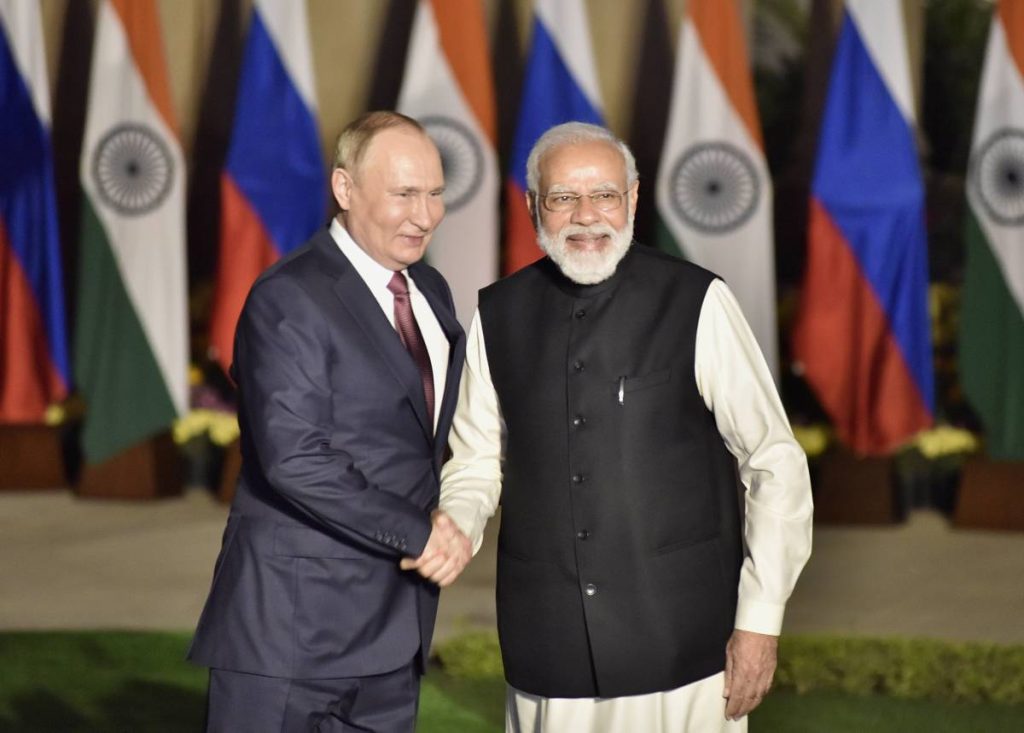
“We were in an impossible position,” retired general Xu Guangyu told me in Beijing. He was then with the Chemical Defense Research Institute, tasked with protecting China against weapons of mass destruction. “China had no nuclear weapons. We had no idea how to protect our people from a nuclear attack. Over Taiwan and then India we were sure the Americans would strike. We had no choice but to pull back.”
There are two strands to this story.
The first is India’s mindset. The perceived defeat in 1962 continues to weigh heavily on the nation’s strategic view and how it sees its global presence.
Yet, the battlefield is only one element of winning and losing wars. Power projection involves much more, as we have seen with America which continues to forge on, despite its losses in Vietnam and Afghanistan.
China might have claimed victory on the border, but because of India’s alliance with the U.S., it ran away, even surrendering the main city it had captured.
There was a near-parallel border war in 1979, when China invaded for overthrowing the Beijing-backed Khmer Rouge regime in Cambodia. That conflict lasted a month from February 17th to March 16th , a similar length of time as in India. Like with Tawang, China took the northern Vietnamese city of Lan Son, then withdrew.
But the Vietnamese have constructed a different narrative to that of India’s. Through its prism, battle-hardened Vietnamese troops put up a much tougher fight than Beijing had anticipated and gave the Chinese a very bloody nose.
While Vietnam proudly shows off that it has beaten three permanent members of the U.N. Security Council, France, America and China, on the battlefield. India still believes it lost against China in 1962.
To take another example from further afield, Britain’s catastrophic military, intelligence and political defeat by Nazi Germany at Dunkirk in 1940 has become a banner-waving legend of the nation’s plucky character and bravery in the face of adversity.
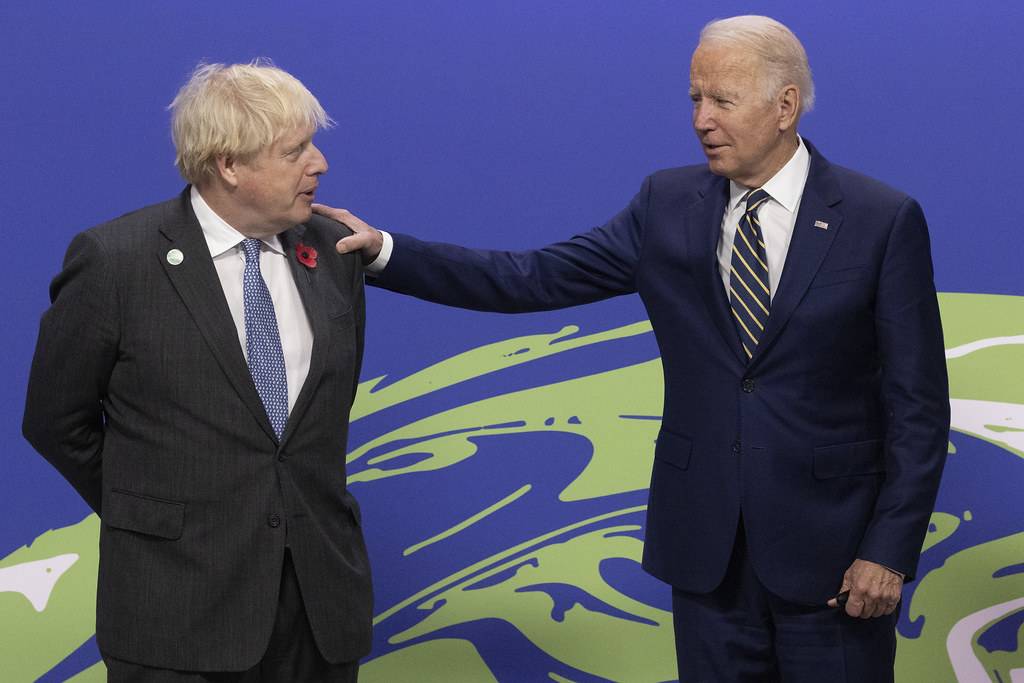
The second strand concerns alliances. Talk of non-alignment and independence is all very well, but no nation is an island. Both China’s Vietnam and India border wars were short because it new greater powers were watching. In 1979, Vietnam had the support of the Soviet Union. In 1962, India’s had the U.S.
This is not the place to discuss the pros and cons of India’s various alliances except to say, like Britain and Vietnam, it should think hard about how it tells the story about itself, its values, its courage and the spirit of its people – and which friend would have its back when the chips are down.
Humphrey Hawksley is a former Asia Correspondent and BBC Beijing Bureau Chief. His latest book is Asian Waters: The Struggle for the Indo-Pacific and the Challenge to American Power.
READ MORE: SACRILEGE INCIDENT: British MP Triggers Twitter Storm
READ MORE: ‘China employs cyberattacks against SE Asian nations over SCS’


